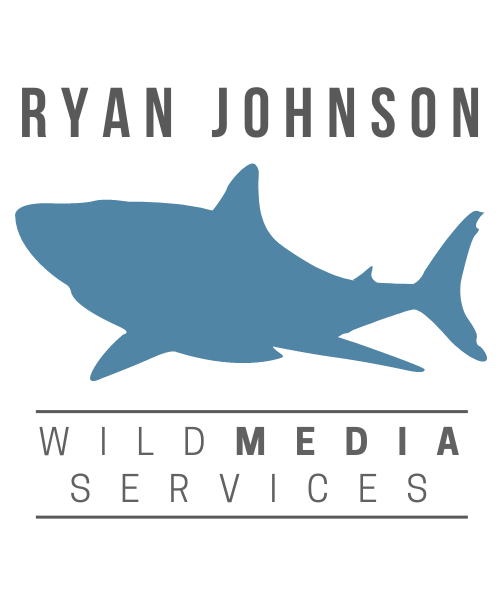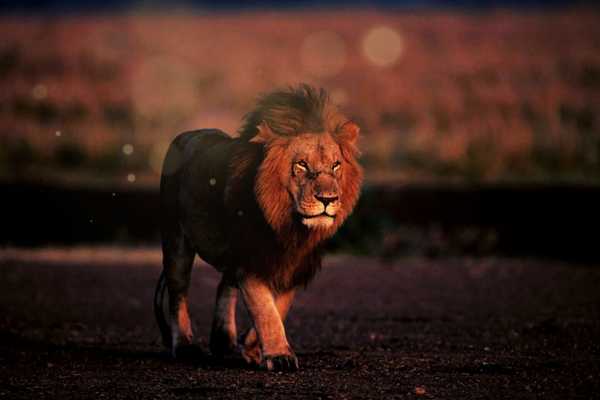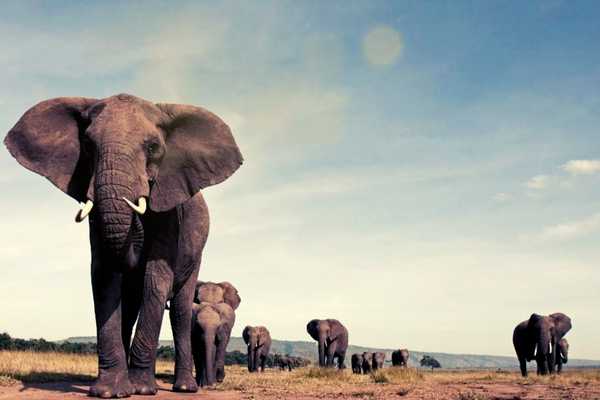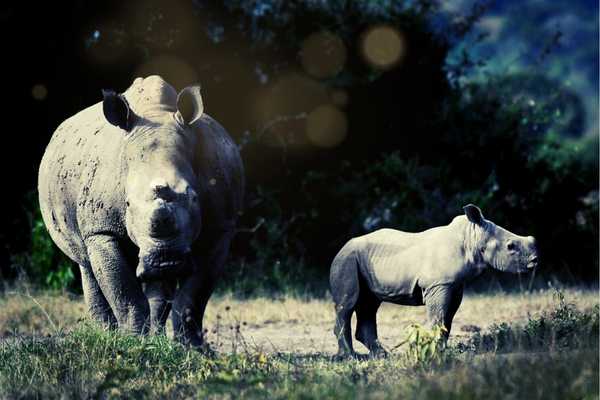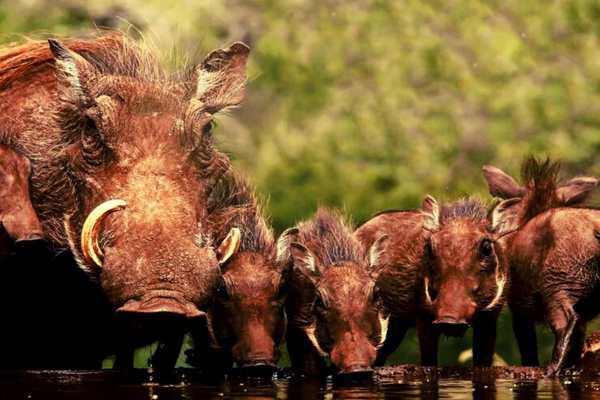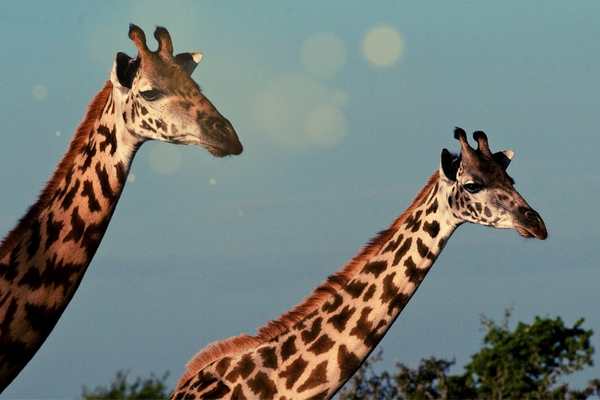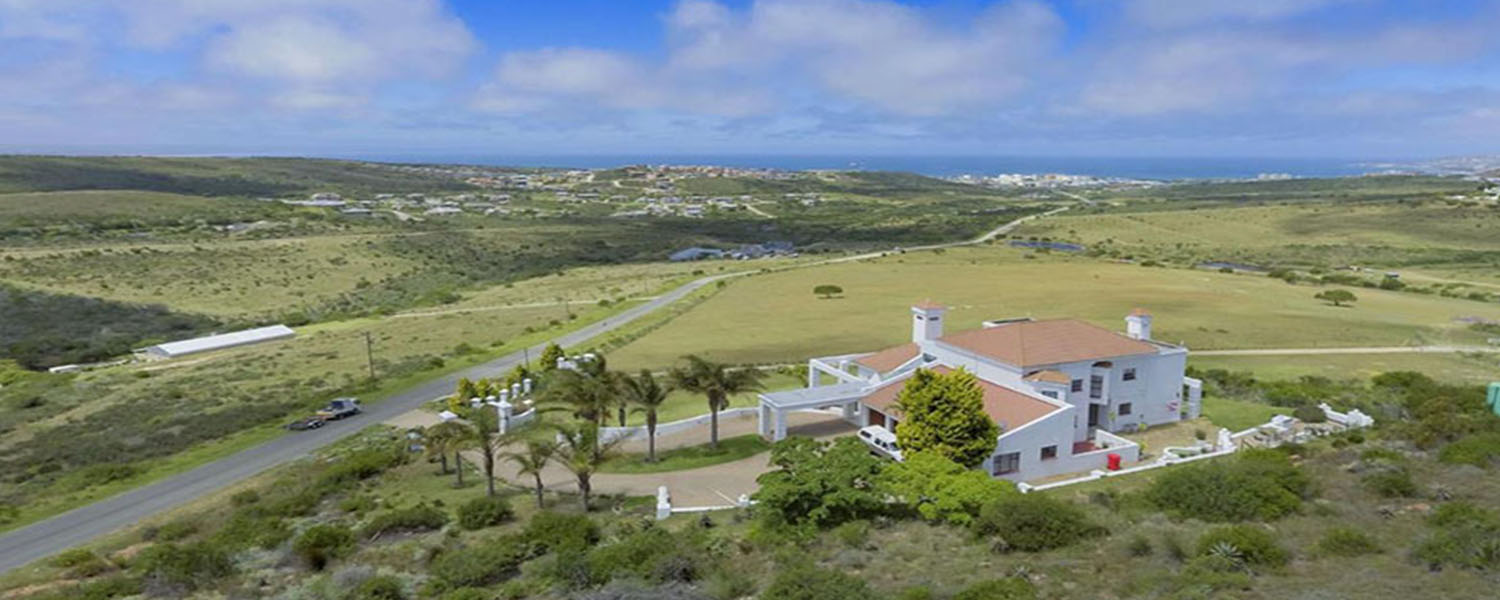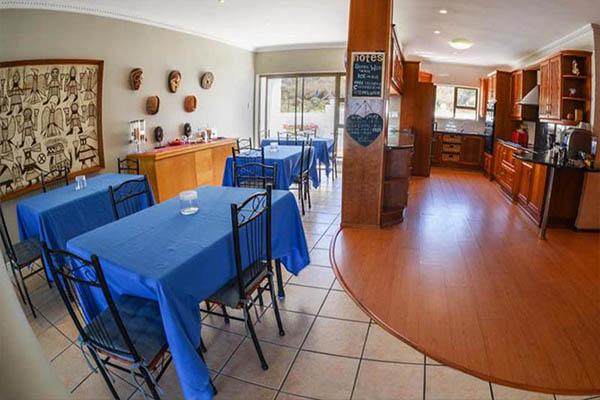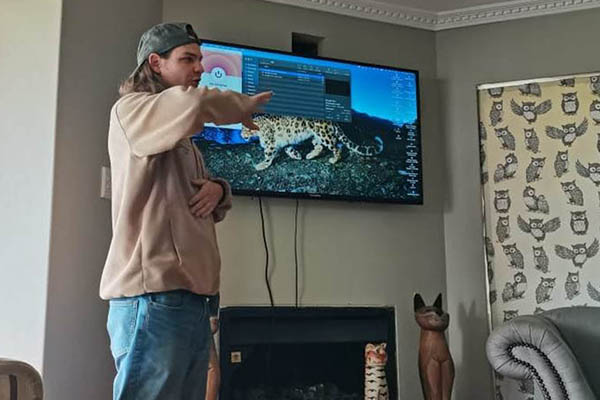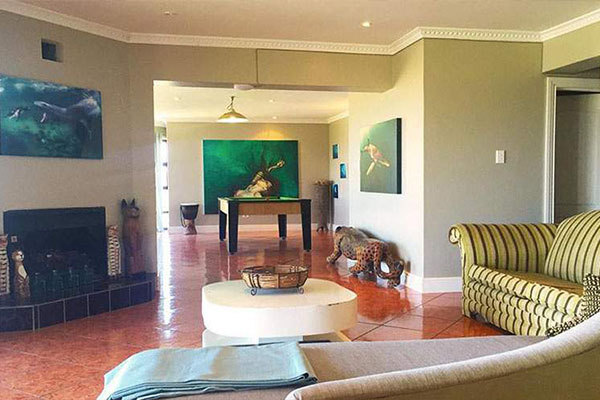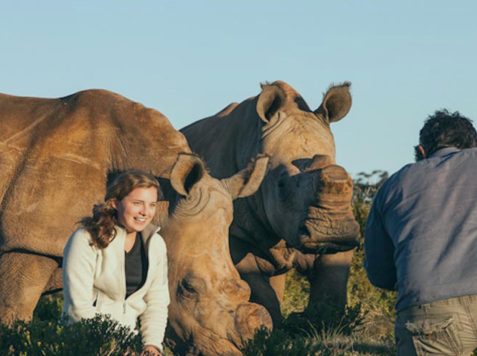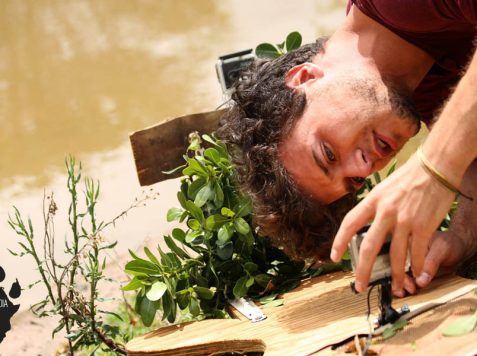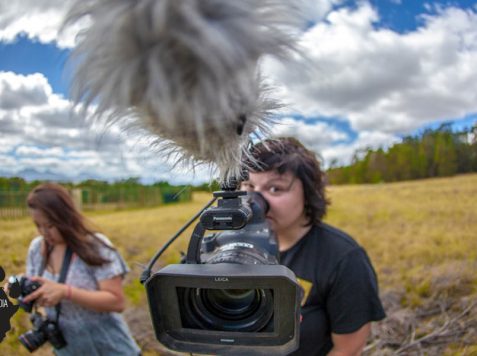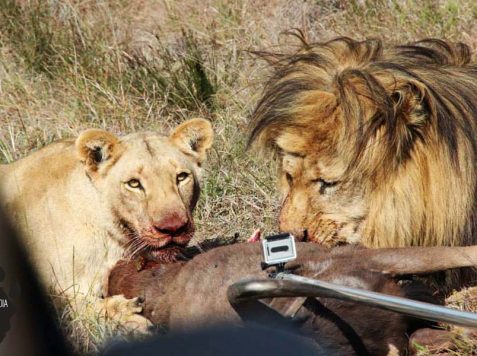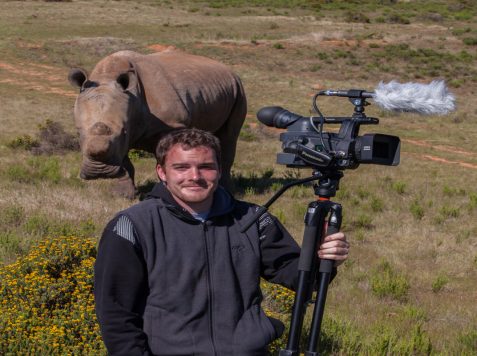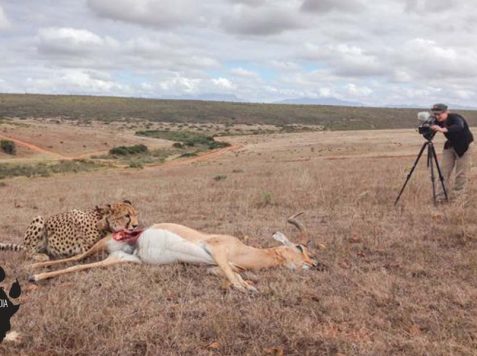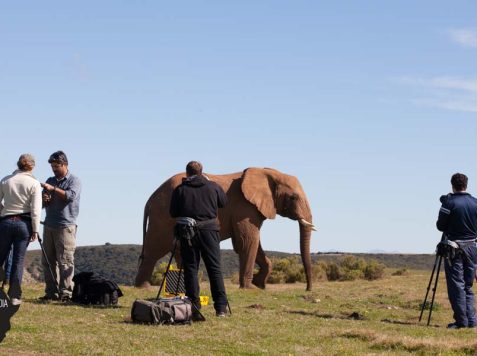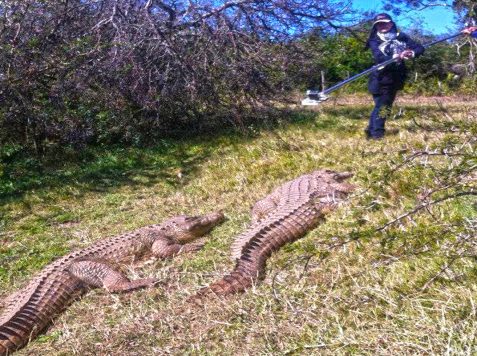Hi and thanks for visiting this page to learn about our wildlife filmmaking training internship. I developed the wildlife filmmaking internship program in 2014 with a specific aim, to offer a real-world wildlife filmmaking experience to students, biologists, media professionals and enthusiasts wanting to break into the wildlife filmmaking industry.
Having filmed and produced documentaries for over 25 years, I realised that there was a very specific need for a program of this kind. Namely, a hands-on internship that introduced participants to both the challenges of understanding and capturing images of elusive and potentially dangerous wildlife, whilst also becoming proficient in using broadcast standard filming equipment in the wild. These skills cannot be learnt from a textbook and rather need real-world experience – and what better place than in the heart of wild Africa? Take a look around and feel free to reach out to my team if you may consider joining this program.
Ryan Johnson
